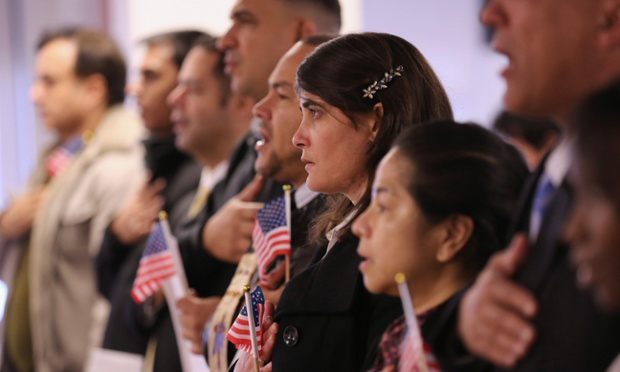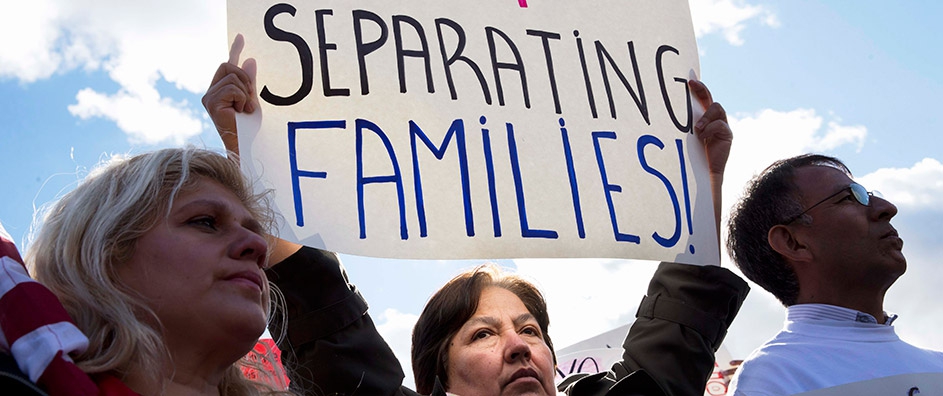The views expressed in our content reflect individual perspectives and do not represent the authoritative views of the Baha'i Faith.
After expounding the Baha’i teachings on the oneness of humankind, Baha’u’llah says bluntly that:
It is incumbent upon every man of insight and understanding to strive to translate that which hath been written into reality and action… – Gleanings from the Writings of Baha’u’llah, p. 249.
In another context, he remarks:
The well-being of mankind, its peace and security, are unattainable unless and until its unity is firmly established. This unity can never be achieved so long as the counsels which the Pen of the Most High hath revealed are suffered to pass unheeded. – ibid, p. 131.
Imagine a world in which Moses’ words about our treatment of the stranger, Buddha’s words about love, Christ’s words about returning evil for good, Muhammad’s words about small kindnesses, Baha’u’llah’s words about answering the cry of the needy—all transmitted themselves into action in people’s lives. What if we each started now? Isn’t it clear that when it comes to the way the world and our individual pieces of it work, the buck stops here?
To be clear: The world is the way it is because we allow it to be that way.
 Some of us want it to be that way because we gain material advantage from it. The men the refugee children from South America flee from illustrate that point. The protestors at the border—and the politicians and others who seek political or material gain from their anger and fear—derive material and/or ephemeral benefits from the status remaining “quo”.
Some of us want it to be that way because we gain material advantage from it. The men the refugee children from South America flee from illustrate that point. The protestors at the border—and the politicians and others who seek political or material gain from their anger and fear—derive material and/or ephemeral benefits from the status remaining “quo”.
Some guard resources they fear the undocumented immigrants and refugees will compromise. Some guard a sense of personal, national or ethnic identity that they fear these poor placeless souls will somehow steal. For those reasons, they propagate the idea that the people who cross our southern borders are criminals first, and human beings second.
It would be easy for me to dislike those protestors and politicians, or even hate them, because that’s the way hatred works—it’s self-replicating. Fortunately, so is love. So is kindness. So is compassion, justice, and mercy. In the case of the child refugees, several faith-based initiatives arose to focus on their issues—an initiative aimed at doing just what Baha’u’llah mandates: putting the unifying words of divine teachers into reality and action. This effort inspired me and reminded me, as the Baha’i teachings say, that “A thought of hatred must be destroyed by a more powerful thought of love.”
So, given that hating the hateful is not an option, how does one proceed? The founders of the great Faiths who I’ve quoted in these articles all encourage us to see the Face of God in the faces of our fellow human beings. They all ask us to make treating the homeless, the hungry and the stranger with love and respect tantamount to treating the messenger of God that way.
Christ said:
Verily I say unto you, inasmuch as ye have done it unto one of the least of these my brethren, ye have done it to me. … Inasmuch as ye did it not to one of the least of these, ye did it not to me. – Matthew 25: 40 & 45.
Baha’u’llah said:
If any differences arise amongst you, behold Me standing before your face, and overlook the faults of one another for My name’s sake and as a token of your love for My manifest and resplendent Cause. – Gleanings from the Writings of Baha’u’llah, p. 146.
Baha’u’llah’s son, Abdu’l-Baha, refined this point during his travels in Europe and the United States in the early 1900s, repeatedly giving guidance about how to treat even those whom we may feel we have reason to dislike:
We must be loving to all the people of the world. We must not consider any people the people of Satan, but know and recognize all as the servants of the one God. At most it is this: Some do not know; they must be guided and trained. They must be taught to love their fellow creatures and be encouraged in the acquisition of virtues. Some are ignorant; they must be informed. Some are as children, undeveloped; they must be helped to reach maturity. Some are ailing, their moral condition is unhealthy; they must be treated until their morals are purified. But the sick man is not to be hated because he is sick, the child must not be shunned because he is a child, the ignorant one is not to be despised because he lacks knowledge. They must all be treated, educated, trained and assisted in love. – The Promulgation of Universal Peace, p. 270.
The first cosmonauts and astronauts had the privilege of seeing the reality of our planet. They saw no lines drawn between countries. Those lines exist only in our imaginations. This means we can change how we see them–or whether, in some contexts, we see them at all. We have the freedom to work across them, to bend them to our will (or to the will of God), to change them or to change the way we honor them. As citizens of the world, we have the option of transcending them:
Blessed and happy is he that ariseth to promote the best interests of the peoples and kindreds of the earth… It is not for him to pride himself who loveth his own country, but rather for him who loveth the whole world. The earth is but one country, and mankind its citizens. – Baha’u’llah, Gleanings from the Writings of Baha’u’llah, p. 250.
You May Also Like
Comments

















So I am ...happy to welcome all the people from around the world to the USA and to NE Ohio.